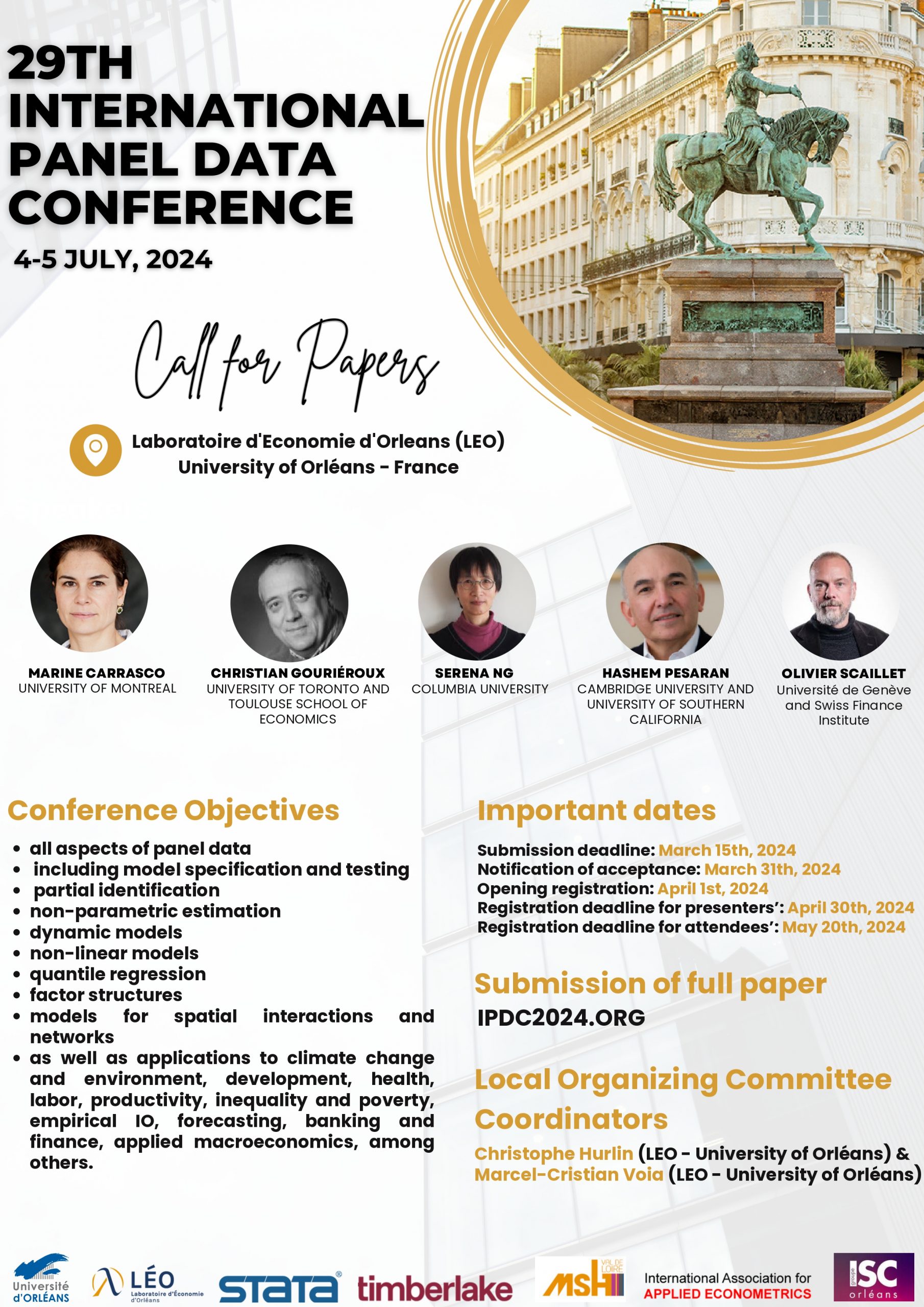Impact des institutions sur les politiques et stratégies de lutte contre la corruption et de promotion de la bonne gouvernance : Cas de la Guinée
Date : Jeudi | 2024-02-08 à 12h30
Lieu : Salle des thèses
Lien TEAMS : Cliquer ici pour rejoindre le séminaire doctorant du LÉO
Le développement de politiques publiques et de stratégies nationales dans les pays en développement est essentiellement basé sur la volonté des décideurs politiques. De même, la faiblesse des institutions dans ces pays nécessite la construction/reconstruction d’institutions stables et pérennes. Ainsi, l’utilisation des données, des faits est prépondérante dans les prises de décisions et dans le développement des politiques nationales sur des thèmes aussi important que la lutte contre la corruption et la promotion de la bonne gouvernance. Dans le cadre de cette thèse, une enquête sur l’utilisation des paiements électroniques et une autre sur la perception de la corruption ont été réalisées en Guinée. Les résultats de ces enquêtes permettront d’évaluer l’impact de la construction d’institutions stables et pérennes sur la lutte contre la corruption dans les pays en développement. De même, les résultats permettront d’évaluer l’impact de la digitalisation notamment les paiements électroniques ainsi que l’inclusion financière sur la réduction de la corruption. Enfin, l’impact des bonnes pratiques de gouvernance sur le développement socio - économique de la Guinée sera evalué.







